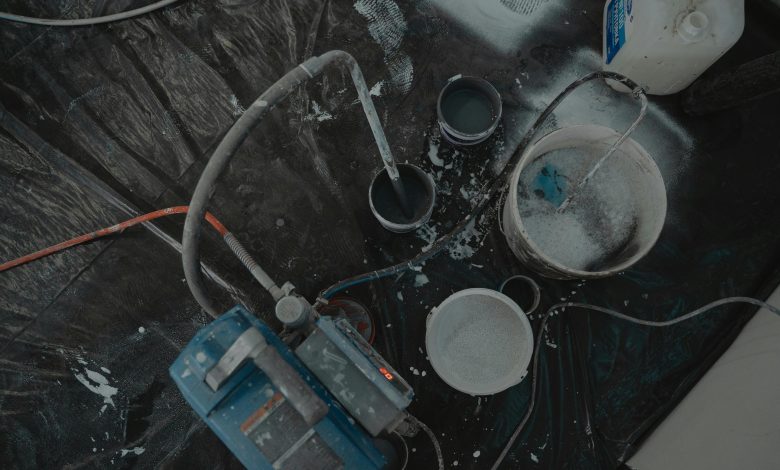Home Improvement Projects: DIY or Hire a Professional?

Home Improvement Projects: DIY or Hire a Professional?
Home improvement is one of those areas where ambition often meets reality head-on. Whether you’re looking to refresh your kitchen, build a deck, or upgrade your bathroom, the first question to ask is this: should you tackle it yourself or bring in a pro? The answer depends on the scope, skill, time, and potential risk involved. Let’s break it down.
Skill Level Matters
If you’re handy with tools and have experience with similar projects, DIY might be the way to go. Repainting walls, installing shelves, or updating cabinet hardware are all relatively low-risk projects that most homeowners can handle. These tasks require patience more than technical skill, and mistakes are usually easy to fix.
However, when you’re dealing with structural changes, plumbing, electrical systems, or anything involving permits, you’re entering professional territory. A misstep in these areas can lead to code violations, costly repairs, or even dangerous outcomes. Unless you’re licensed or highly experienced, it’s smart to hire a professional.
Consider Time and Convenience
DIY projects take time—often more than expected. A weekend project can easily stretch into weeks, especially if you hit snags along the way. Ask yourself if you realistically have the time to plan, execute, and fix issues. Do you have the bandwidth to take on another responsibility, especially if you’re working full-time or have a family?
Hiring a professional trades time for money. You’re paying for speed, expertise, and efficiency. A contractor can often complete in days what might take you weeks. If you’re on a tight timeline or simply want peace of mind, hiring out makes sense.
Cost Isn’t Always Straightforward
DIY seems cheaper at first glance, but hidden costs can creep in. Tools, materials, and mistakes add up. Plus, the quality of a DIY job may not match that of a seasoned pro, especially when it comes to resale value. For high-stakes areas like kitchens and bathrooms, buyers can tell when corners were cut.
On the flip side, professionals come with labor costs, markup on materials, and sometimes, delays in scheduling. But they also offer warranties, insurance, and the ability to handle unexpected complications. If the project involves major investments or risks, the added cost can be worth the assurance.
Think Long-Term
Some home improvement projects affect the safety, energy efficiency, or long-term integrity of your home. Installing new windows, upgrading insulation, or redoing the roof are examples where getting it wrong has serious consequences. In these cases, professional expertise is crucial not just for completion but for quality and compliance.
Conclusion
The DIY vs. professional decision isn’t black and white. It comes down to knowing your limits, valuing your time, and weighing short-term savings against long-term outcomes. Tackle the small, safe projects yourself if you’re confident. But when in doubt—especially where safety, legality, or value is on the line—bringing in a pro isn’t just wise, it’s essential. Your home deserves the best work, whether it comes from your own hands or someone else’s.



